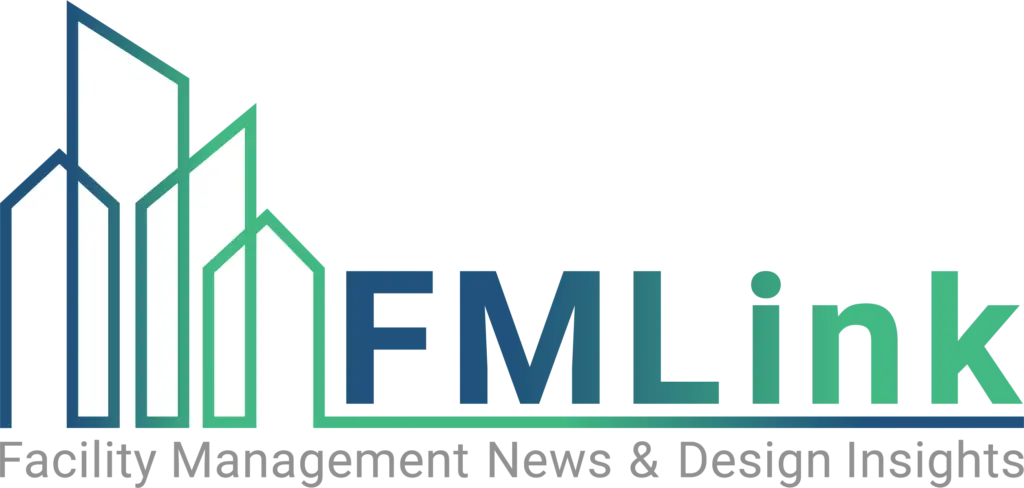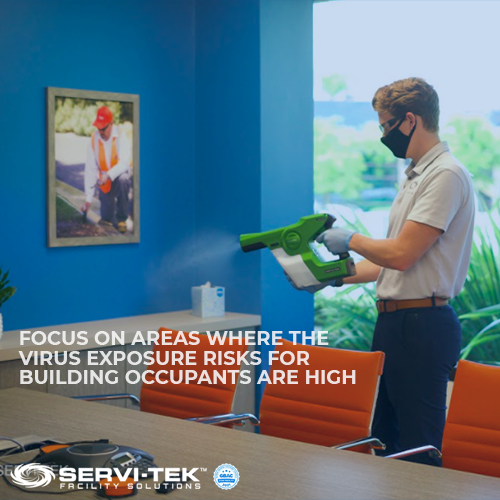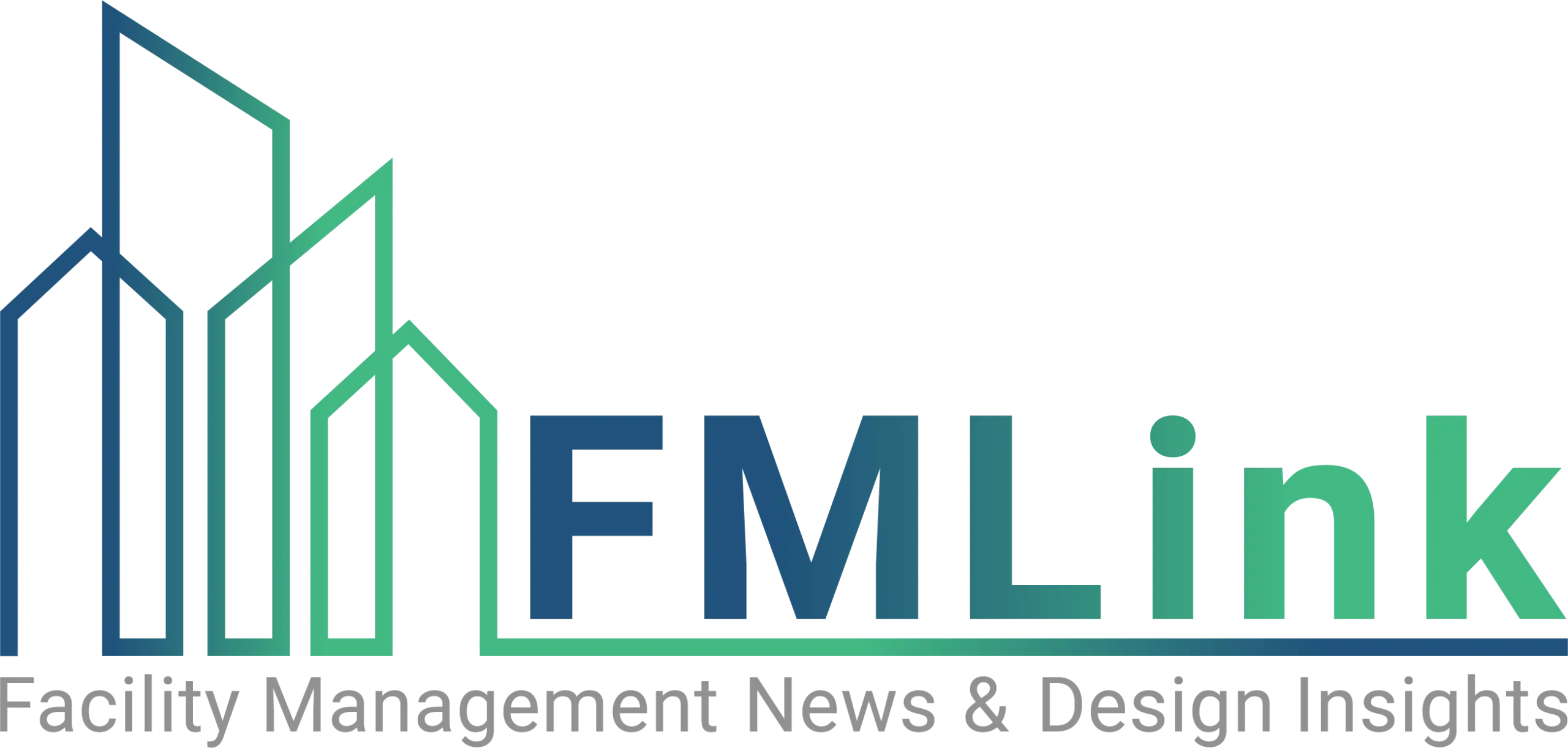March 12, 2004—With the 2004 state legislative season fully underway, “toxic” mold still reigns as the top indoor air quality (IAQ) issue for state legislators. More than one-half of all the proposed IAQ legislation being considered in 27 states addresses concerns about mold in indoor environments. Legislatures also are focusing on IAQ in schools and in public buildings.
Some had predicted a much busier year with respect to IAQ legislation, but these predictions have not materialized. In fact, 2004 is keeping pace almost step for step with 2003, with some 60 proposed bills being considered in 25 states as compared with 27 states in 2003.
Aerias, a comprehensive online resource for IAQ information and education in technical partnership with Air Quality Sciences, features an in-depth overview of this proposed legislation.
Thus far, one piece of legislation has passed. Virginia House Bill 824 requires a landlord to sign a contract stating there are no visible signs of mold in the dwelling. If during the move-in or prior to the move-in date, the tenant sees mold, the contract may be terminated.
Twenty states are working on mold-related legislation, covering a wide range of issues, including:
- Training and licensing of mold investigators and remediators
- Studies of exposure to mold and associated health impacts
- Remediation guidelines and standards
- Insurance and real estate
- Public education
Ten states are addressing a variety of school IAQ issues, including:
- Standards and guidelines
- IAQ inspections and complaints
- IAQ management plans
- Funding
Five states have pending legislation targeted at improving IAQ in public buildings. Massachusetts has the most bills in the works, although only one has moved since their introduction in 2003. The issues these bills tackle include:
- Tax incentives
- Building ventilation rates
- Guidelines and standards
- Hazard Disclosure
For more information, contact Aerias.




